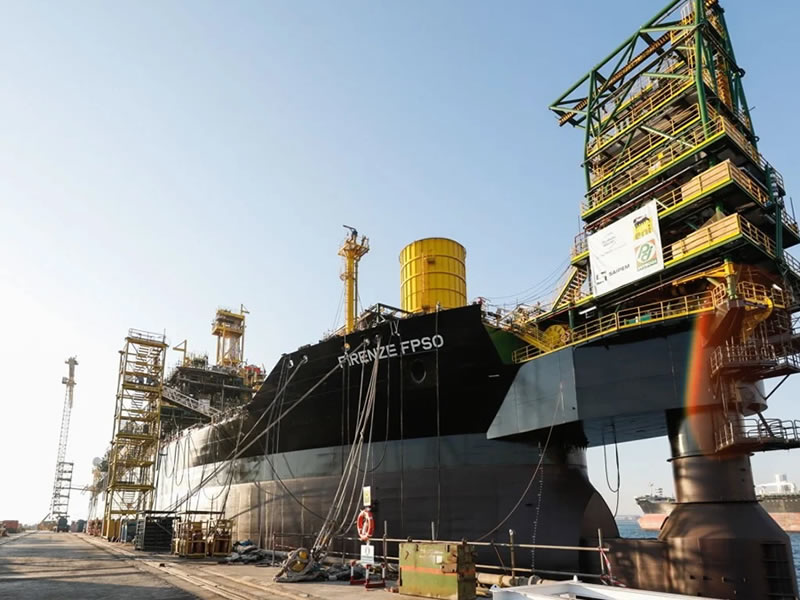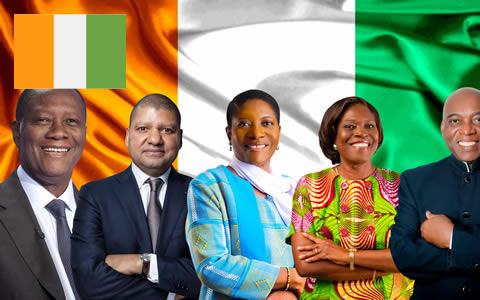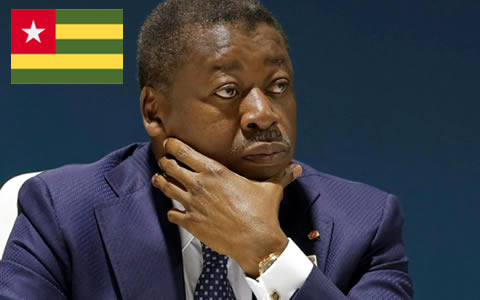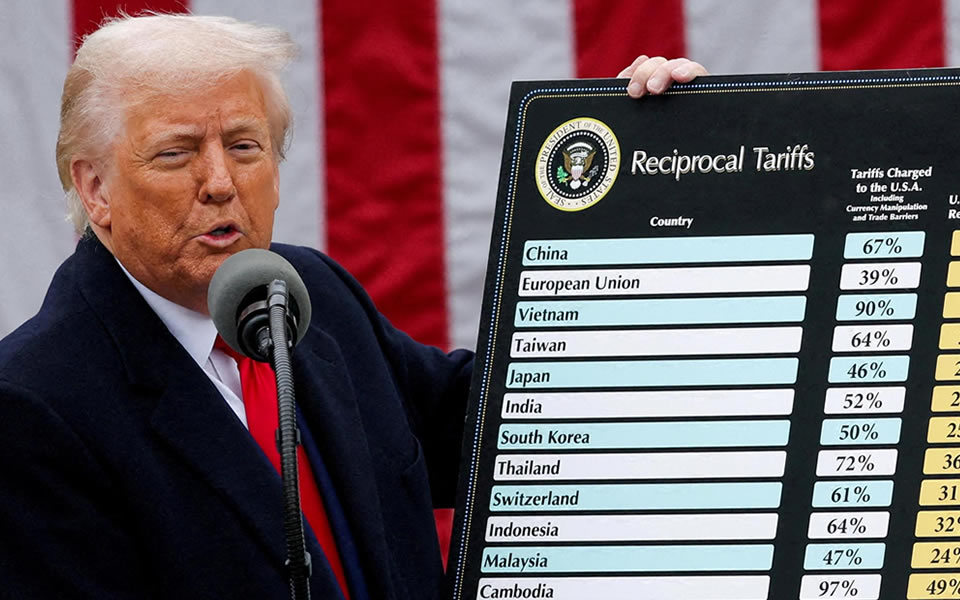
Security Forecast for the 2023 General Elections in Nigeria
February 18, 2023
Alliance of Sahel States (AES): Objectives & Implications for ECOWAS
September 19, 2023Cote d'Ivoire: Country Risk Assessment 2023 (Q2)
This reports finds that Cote d'Ivoire has significant political risk as well as moderate economic and security risks over the next 18th months.
Introduction
This report contains a strategic risk assessment on the Republic of Cote d’Ivoire. The report provides its sector-based risk evaluation based on both quantitative and qualitative data on Cote d’Ivoire from trusted and verifiable sources. The country risk political, economic & security factors within the country.
The time horizon for the risks designations in this report is the medium term (18 months) unless stated otherwise.
In addition, this report proposes strategic risk mitigation policies for organisations with investments, holdings or interests within Cote d’Ivoire.

Key Findings
Significant Political Risk
- History of Political Violence & Civil Wars (2002 – 2007 & 2010 – 2011)
- President Ouattara’s Controversial 3rd Term
- Return of Laurent Gbagbo & Establishment of African People’s Party.
- Increased Political Risk if Ouattara & Gbagbo run for President in 2025
Moderate Economic Risk
- New Oil & Gas Industry Likely to Cause Significant Inflation (Accommodation & Services).
- Structural Economic Reforms Likely to Lead to Shocks with Implications for Macroeconomic Stability
Moderate Security Risk
- Increasing Number of Protests, Riots & Violent Demonstrations
- General Dissatisfaction with Inflation & Quality of Public Services
- Incursions across Northern Border by Extremist Insurgents based in Mali & Burkina Faso
- Underlying Social Fault Lines Based on Old Ethnic Tensions & Political Affiliation
- New Offshore Industry Target for Potential Pirate Attacks
Risk Assessment
Political Risk
Cote d’Ivoire has had a long history of political violence, particularly regarding presidential elections. The country has experienced two civil wars as a result of disputed election results, the first from 2002 – 2007 and the second from 2010 – 2011. In addition, the Ivorian political landscape is still largely dominated by the same may politicians that were involved in the country’s previous civil war, indicating the possibility of a recurring dynamic that devolve into conflict over political differences or disputed election results.
After President Ouattara pushed through constitutional reforms that allowed him to serve as President. This prompted an opposition boycott of the October 2020 elections resulting in President Ouattara’s re-election with over 95% of the votes cast. The constitutional change and lack of opposition represents dangerous precedents for the democratic process within Cote d’Ivoire.
In addition, Former Ivorian President and belligerent of the Second Civil War, Laurent Gbagbo returned to Cote d’Ivoire in June 2021 along with several of his allies that were living in exile. Although, public proclamations between Ouattara and Gbagbo point to a rapprochement between the two heavyweights of Ivorian politics, the latter’s establishment of a new political party (African People’s Party) may be a sign of competition to come if both men decide to contest in the 2025 presidential elections. In the event that Ouattara and Gbagbo run in 2025, the chances of political tensions and violence increases significantly.
Economic Risk
The Ouattara Administration has sought to position Cote d’Ivoire as an attractive investment hub within the West African sub-region. To this end, the Ivorian government has launched a National Development Plan (NDP) that aims to drive the emergence of a large middle class of Ivoirians through over USD 100 billion in strategic investments and infrastructure development between 2021 and 2025.
In addition, Cote d’Ivoire aims to become a regional oil and gas hub similar to Nigeria and Ghana following the country’s find of an estimated 1.5 – 2.0 billion barrels of oil and 1.8 – 2.4 trillion cubic feet of gas in 2021. As a result, several major energy companies including ENI have commenced engagement with the Ivorian government with the aim of establishing oil and gas production within the country. With first oil scheduled for between Q2 & Q3 of 2023, Cote d’Ivoire is expected to begin reaping revenues from its oil and gas industry within the short term. As is often the case, this boom in revenue and the inflow of expatriate workers into the country will lead to inflation, particularly for accommodation and services.
Such inflation will likely be a major risk factor for multinational business investing in Cote d’Ivoire and will require them to factor price hikes into their forecasts and projections. In addition, Cote d’Ivoire still relies largely on the production of commodities with over 70% of export revenue derived from cocoa, rubber, gold, nuts and fruits. The quest for value addition to these commodities are likely to cause some structural shocks to the economy over the short to medium term. However, the government’s ability to effectively manage and mitigate these shocks will determine the extent of their impact on the economy.
Security Risk
Over the two (2) years between March 2021 and March 2023, Cote d’Ivoire has experienced an estimated 308 security incidents with 88 associated fatalities. 62.02% of the recorded security incidents involved protests, violent demonstrations and mob violence. Armed Clashes largely between Military Forces of Ivory Coast and the Gendarmerie on the one hand and communal militias, terrorist organisations and unidentified armed groups constituted 12.66% of the recorded incidents.
Extremist insurgency groups mostly based in Mali and Burkina Faso have been gradually increased their incursions southwards into the Northern part of Cote d’Ivoire over the past few years. These groups have launched attacks against civilians and Ivorian security forces leading to many deaths . Increased presence and patrols by the Ivorian military in the North has curbed the activities of the insurgent groups in the region . The major urban centres of Cote d’Ivoire remain vulnerable to a major terrorist attack similar to the March 2016 Grand-Bassam shooting that killed 19 people and injured 33 others.
This risk is further compounded by the growing Anti-French sentiments growing across the Sahel and other parts of West Africa. Soft targets like undefended hotels, restaurants and shopping centres within Cote d’Ivoire frequently visited by expatriates and Westerners should be considered vulnerable to terrorist attacks over the short to medium term (i.e. 18 months).
In addition, increased cost of living coupled with wider economic issues and niche grievances by specific labour and communal groups have led to a rise in demonstrations, protests and riots. Frequent protests and demonstrations indicate general discontent among large portions of Ivoirians that has the potential to spill over into widespread unrest.
Finally, with the onset of oil and gas production off the Ivorian coast, there is a risk of pirate attacks on vessels within the region. Although incidents piracy within the Gulf of Guinea has generally been on a decline, the hardening of targets off the coasts of other West African countries could render the Ivorian coast line a comparatively attractive target for pirates, at least in the short to medium term while Ivorian security forces establish capable naval patrol forces as a deterrent.
Risk Mitigation Measures
The recommended risk mitigation strategy consists of three (3) key components, namely:
- Regular and periodic risk assessments to identify new risks and track the evolution of previously identified ones.
- Acquisition of market intelligence on specific entities of interest. Such entities include persons, organisations, events, relationships and alliances that have any significant direct or indirect relevance to the investors’ interests within Cote d’Ivoire.
- Contingency planning for worst-case scenario forecasts of moderate, significant & extreme risks.



